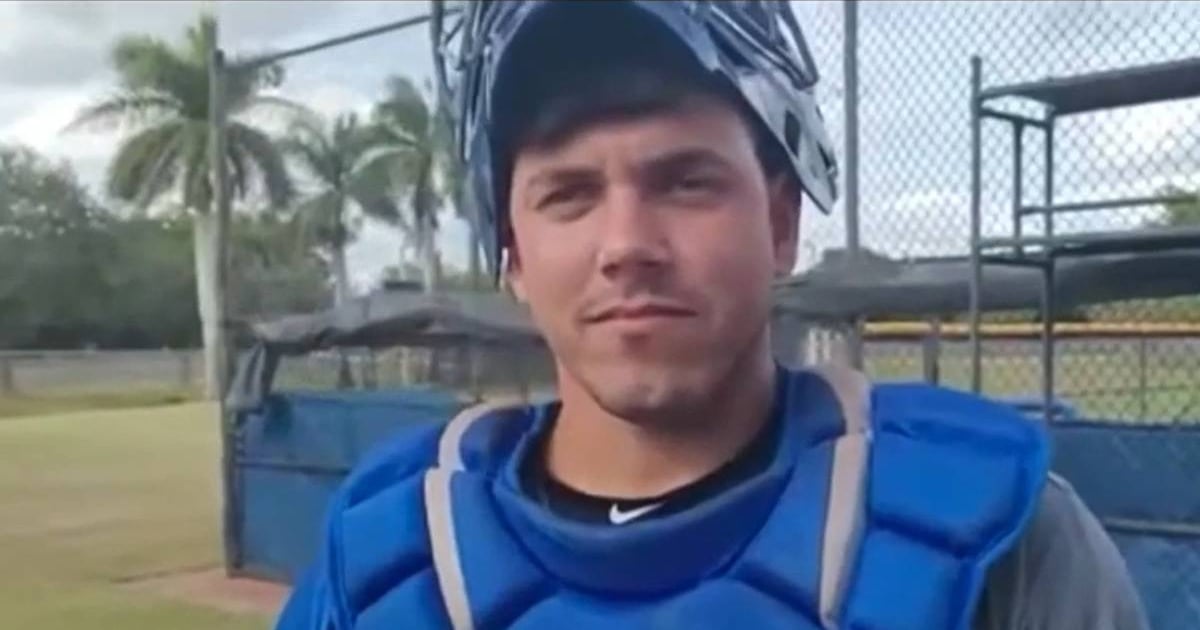Loidel Rodríguez Peralta, a Cuban catcher and one of baseball's young prospects, finds himself in an immigration limbo in the United States after defecting from the national team during the U-23 World Cup in Mexico in October 2021. Rodríguez, along with 11 other teammates, left the team seeking better opportunities, but his dream of a professional baseball career has been thwarted by the legal challenges he faces in his new country as an immigrant with an I-220A case.
Despite living in the United States for almost three years, Rodríguez has been unable to regularize his immigration status. After seeking political asylum, he was admitted into the country under the I-220A designation, a measure that allows him to remain on U.S. soil but does not grant any definitive legal status.
Challenges and Hopes for a Legal Status
This situation has prevented him from joining a professional team, even though he continues training with the hope of resuming his sports career. "I don't want to go back to Cuba, but I would like to visit Punta Cana to see my family there. I don't have access to my family. I want to be legal in the U.S. I don't want to live in fear," he told Telemundo51.
The Cuban regime labeled this young baseball talent as a "defector" and has banished him from Cuba for eight years. Currently, Rodríguez lives in Tampa and works as a plumber for a U.S. company. His process to obtain asylum has been delayed because he was not given a credible fear interview when he crossed the border, a crucial step in his application.
Attorney Rosaly Chaviano explained that Cubans under I-220A status must wait for their court date to fight for their asylum. However, there is the possibility of applying for humanitarian parole, which would allow them to gain residency under the Cuban Adjustment Act. Additionally, she noted that if a favorable decision is made in a Federal Court currently reviewing these cases, all people with I-220A could potentially apply for residency under the mentioned law.
Rodríguez, like many other Cubans in his situation, faces an uncertain future as he awaits a legal resolution that would allow him to live without fear and pursue his dream of playing professional baseball in the United States.
Understanding the I-220A Immigration Status
Given the complexity of the I-220A immigration status and its impact on individuals like Loidel Rodríguez Peralta, here are some frequently asked questions to provide clarity on the issue.
What is an I-220A case?
An I-220A case allows an immigrant to remain in the United States temporarily but does not provide any definitive legal status or path to residency.
How can someone with I-220A status apply for residency?
Individuals with I-220A status can apply for residency through humanitarian parole or, potentially, the Cuban Adjustment Act if a favorable decision is made in their case.
Why was Loidel Rodríguez Peralta's asylum process delayed?
His process was delayed because he was not given a credible fear interview when he crossed the border, which is a crucial step in the asylum application process.
